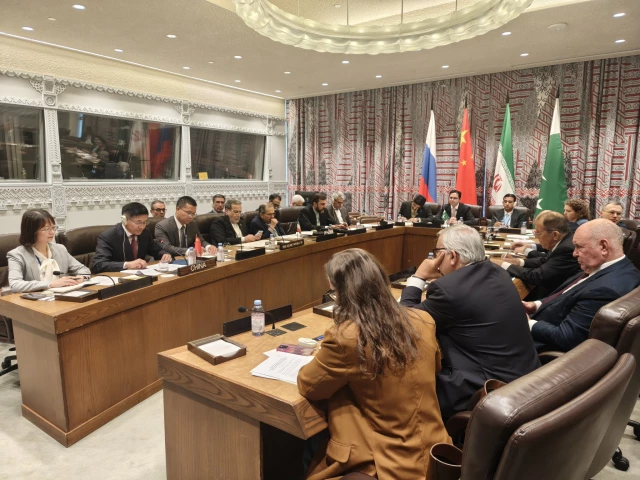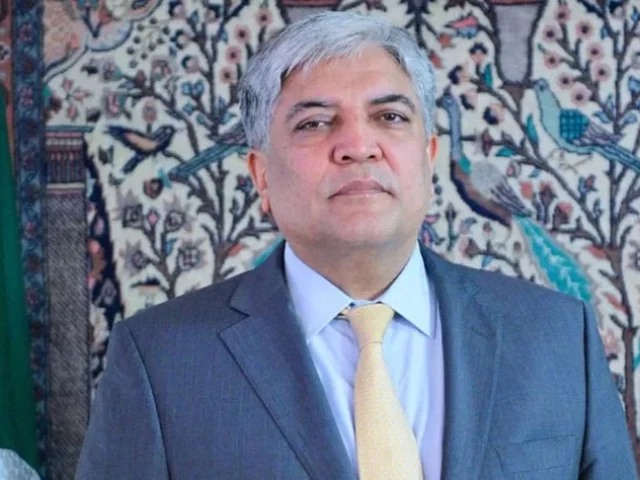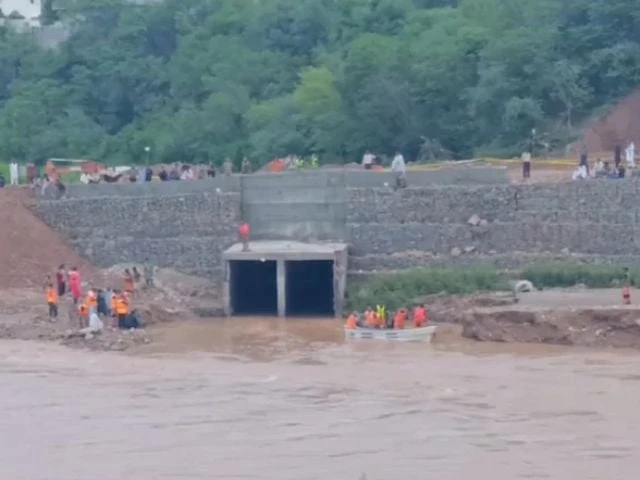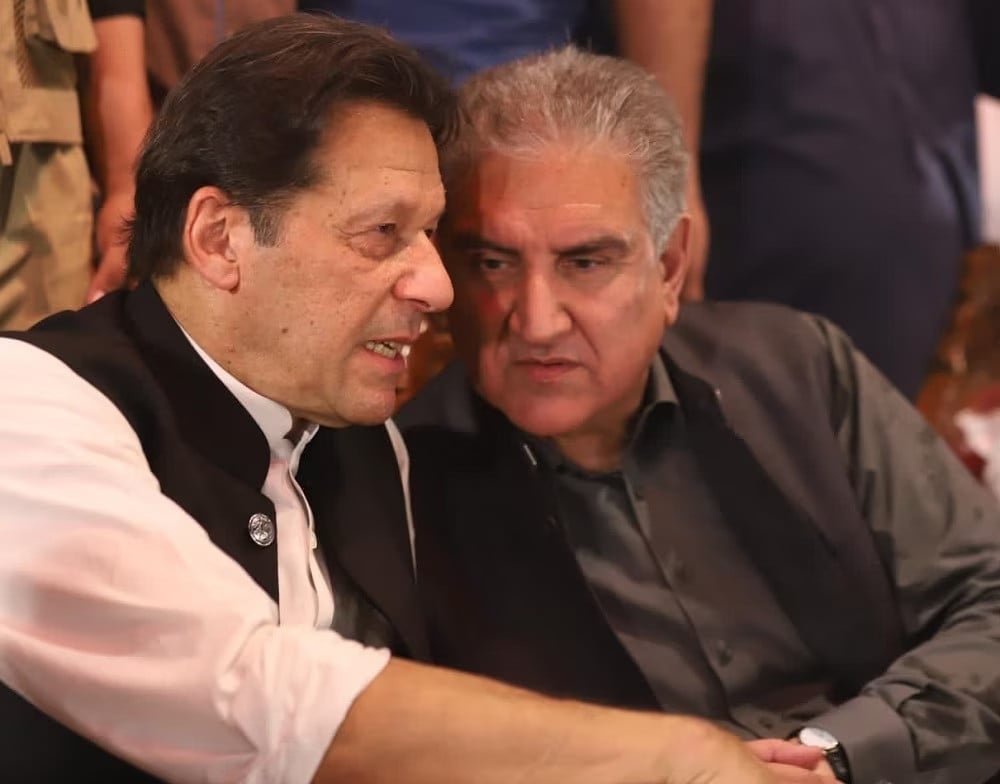Addressing Afghanistan’s Security Challenges: A Call for Regional Cooperation
Afghanistan remains at a crossroads, grappling with a multitude of challenges that threaten its stability and security. Recently, representatives from Pakistan, China, Iran, and Russia met during the 80th United Nations General Assembly to address these pressing issues. Their discussions emphasized the need for regional collaboration to tackle security threats, particularly the persistent presence of terrorist groups on Afghan soil.
In their joint statement, the four foreign ministers expressed significant concerns about terrorist groups like ISIL, Al-Qaeda, and the Tehrik-i-Taliban Pakistan. They highlighted how these organizations not only pose a threat to Afghanistan but also to global security. It’s vital for the Afghan authorities to enhance their counter-terrorism measures, dismantle these organizations, and prevent recruitment and fundraising efforts that sustain them.
Beyond security, the urgency of Afghanistan’s economic recovery was also a focal point. The meeting underscored the importance of reducing the cultivation of opium and addressing the rising production of synthetic drugs. The ministers commended current efforts to combat traditional drug cultivation while calling for broader international support for humanitarian aid without political strings.
Central to any effective recovery is the need for an inclusive governance system that reflects Afghanistan’s diverse ethnic and religious landscape. The statement emphasized women’s rights—access to education, employment, and basic services—as crucial not just for gender equality but for the nation’s overall stability and prosperity.
The discussion also addressed NATO’s role in Afghanistan, recommending that member nations lift sanctions and provide assistance to foster economic recovery. The emphasis was clear: cooperation and respect for Afghanistan’s sovereignty are essential for long-term stability.
In conclusion, this meeting marked a vital opportunity to reinforce regional cooperation and support for Afghanistan. The commitment of these countries to work together can pave the way for a more stable future. For those interested in further exploring Afghanistan’s complex landscape and the ongoing diplomatic efforts, consider connecting with resources at Pro21st, where we strive to keep you informed about global affairs and their implications.
At Pro21st, we believe in sharing updates that matter.
Stay connected for more real conversations, fresh insights, and 21st-century perspectives.





